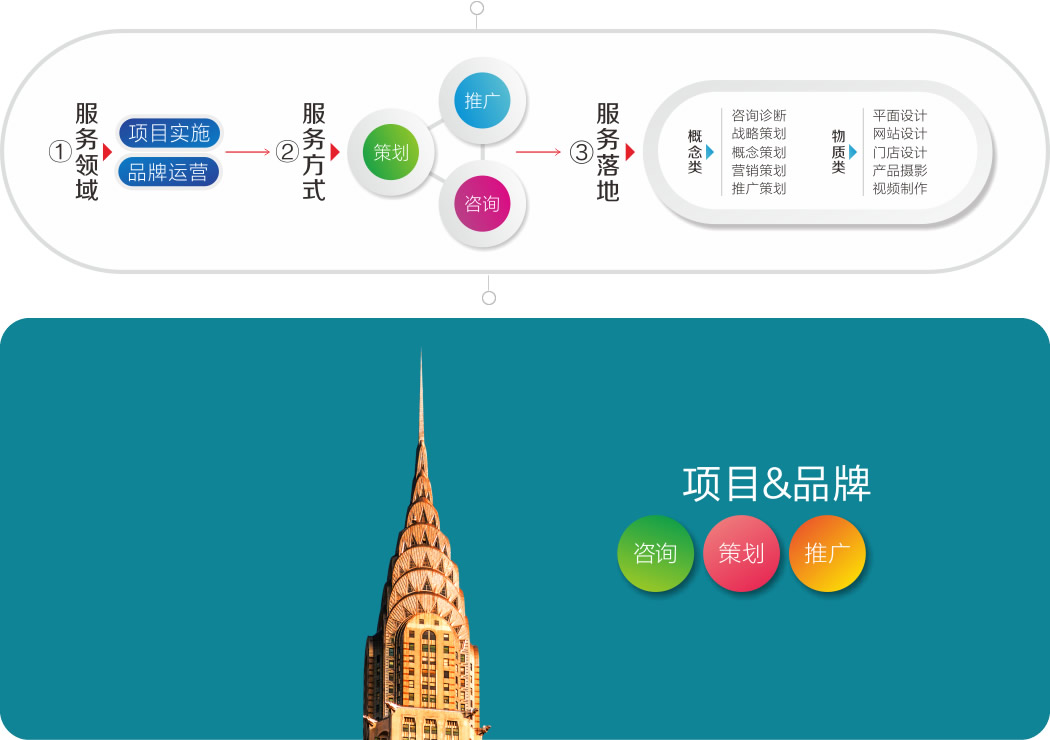2024-03-18
杭州国际快递
这需要根据邮寄国家、产品、实际重量、尺寸、时效要求进行综合比较,得出最实惠的价格。如果您想便宜地发···
「代怀公司」「国际领先代怀技术」「代怀价格10万起」「高效安全私密沟通」「100%包生男孩」「20年诚信品牌机构」
专业专注专心!登高以观远,入微以见尘,帮助每一个家庭圆梦,不忘初心,公益助孕!

一站式服务,可以让一个企业更省心、省事,大大节约时间与沟通成本。
一站式服务,可以保证品牌营销思路的统一性与完整性, 更利于品牌的整合营销推广成效。
一站式服务,能提高品牌营销应对市场的反应能力与反应速度。
一站式服务,能保证品牌各个环节呈现出的作品,能形成一个相对平衡的整体形象水准,避免因为不同公司服务而造成的参差不齐。
我们提供:武汉代生、代怀套餐。一站式试管助孕,20年辅助生殖经验,6000例宝宝成功出生!
重庆总部
自建实验室
20年售后
永久保密
专业后勤团队
包接送
武汉试管代生项目

2024-03-18
10月29日,鲁迅文化基金会杭州工作委员会在浙江图书馆举行启动仪式。 周令飞院长介绍,鲁迅文化基金会···
2024-03-18
原标题:约束,也是自由:杭州新兴美术馆、另类空间与现在时的艺术计划 在杭州,总是提到“艺术生态”这···
我们合作伙伴遍布全球——美国、泰国、乌克兰、菲律宾等国外知名生殖医院









我们主要以项目合作制为服务模式,在一个特定的时期内,我们的团队将深入企业的某个角落。